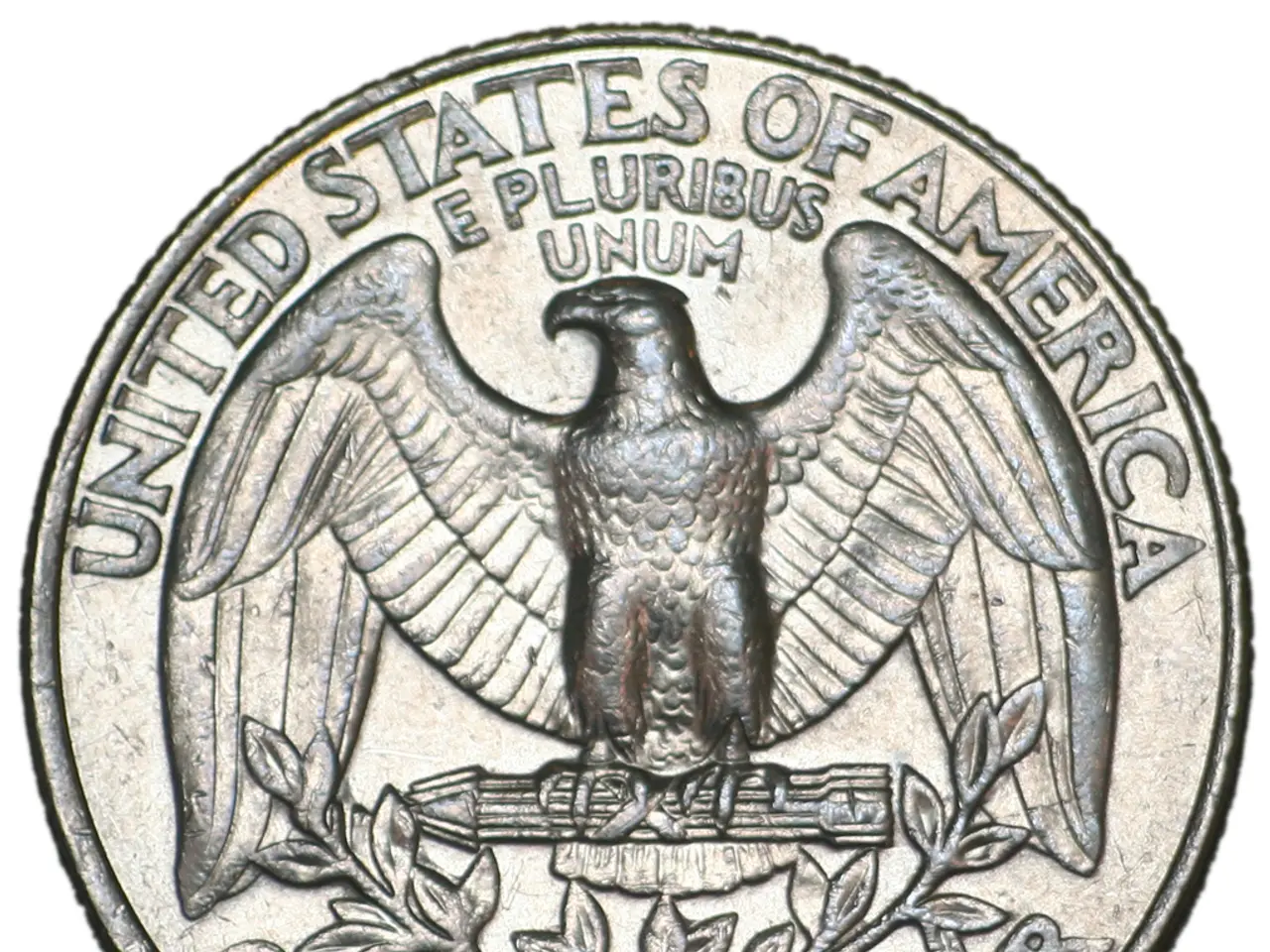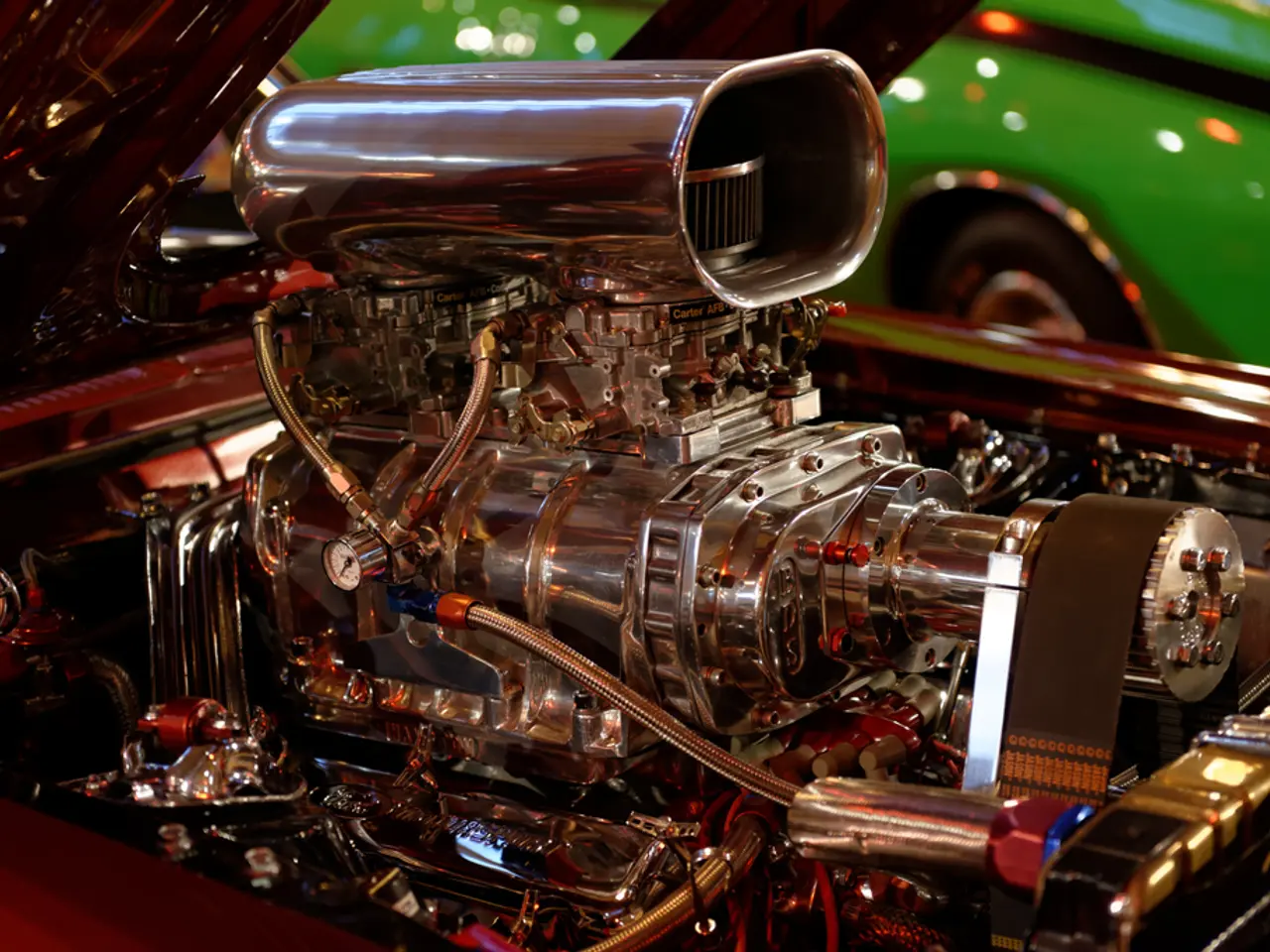Why Do Corporations Get to Play Dress-Up as Imaginary, Everlasting People?
The question raises the point: Why is it that corporations are granted legal personhood, yet artificial intelligence (AI) lacks this status?
Corporations have been given the power to mimic human personhood simply because the law allows it, serving practical needs like pooling resources, limiting individual liability, and creating stable entities that can own property, sign contracts, and take accountability. This magical transformation, known as "corporate personhood," has its roots in legal traditions stretching back centuries. In contrast, AI like ChatGPT, despite its intelligence, remains under human control, without autonomy or moral judgment. Grading AI with human personhood would require redefining legal concepts like responsibility and agency, currently based on human characteristics. So, corporations gain personhood because of their historical social and economic roles, while AI lacks the needed qualities and jobs to qualify in the existing legal and moral frameworks.
Why are Corporations Immortal, but AI like ChatGPT is not?
The law treats corporations as eternal, artificial entities that live on regardless of changes in ownership or management, providing uninterrupted succession of individuals acting on behalf of the corporation. On the other hand, AI like ChatGPT does not enjoy such eternity, being a tool defined, developed, and controlled by humans. Despite sharing some likenesses with corporations, AI and corporations present fundamental differences rooted in their legal and functional roles.
Should AI Like ChatGPT be Given a similar Legal Makeover?
If constructed entities like corporations can get legal personhood, then in theory, AI systems could potentially share the glory. Legal personhood is not a built-in attribute attached to consciousness or self-awareness but a human-made construction created for specific purposes. But the real question is not whether AI might deserve personhood, but whether they should, and under what conditions. A bigger concern lies with the current system where corporations get away with not taking full responsibility for their harmful actions. The priority should be tackling this issue head-on, revoking or overhauling corporate personhood to preserve human accountability.
The exploration of why corporations are granted legal personhood while AI like ChatGPT is not is an intricate, contentious matter. Both corporations and AI are human inventions; however, they face different treatment under law. The following piece delves into their similarities, differences, historical background, and a logical examination of the subject.
The Birth and Function of Corporate Personhood
Corporate personhood is a legal theory, tagging corporations as "artificial persons." This lawful illusion equips them with the ability to own property, navigate contracts, and sue or be sued. The concept of corporate personhood developed over centuries, evolving through common law and statutes to promote commerce and protect investments. The U.S. Supreme Court case Santa Clara County v. Southern Pacific Railroad Co. in 1886 is often credited with extending constitutional protections to corporations.
Sharing Traits, (Ju)st Different Strokes
Both corporations and AI like ChatGPT share some common characteristics: they are creations of humans, lack subjective experiences, and function based on established rules. Neither possesses sentience, feelings, or inherent moral judgment. However, there are essential differences between the two:
- Legal Personhood and Responsibility: Corporations are granted legal personhood, giving them specific rights and obligations under the law. AI, by contrast, is not granted legal personhood; instead, it's viewed as a tool or software program without rights or obligations.
- Taskmaster and Purpose: Corporations are created for commercial ventures, aimed at generating revenue, and participating in legal and financial systems. AI like ChatGPT, meanwhile, serves as an AI language model, helping with text generation and research, and not involved in trade or legal activities.
- Persistence and Durability: Corporations maintain a long-lasting existence beyond the lifespan of their individual owners, offering ongoing stability to business operations. AI like ChatGPT isn't assigned a separate legal existence; it continues operating only as long as the hardware and software support it.
- Contracting Capabilities: Corporations can enter into contracts or binding agreements, participate in court proceedings, and exercise rights associated with legal entities. AI, however, does not have this ability; it functions as a tool directed by its creators or users.
Balancing under the Blink of Logic
Recognizing that both corporations and AI like ChatGPT are inventions of humankind and lack consciousness, the crucial distinction is not about sentience but legal recognition and function. Legal personhood is a practical and functional construct, not a testament to sentience. Corporations are considered legal persons to facilitate commerce and limit liability, not due to their self-awareness or rational decision-making. At present, AI systems like ChatGPT lack the legal framework for personhood. They don't have autonomous decision-making capabilities or accountability; instead, their actions are controlled by humans. So, granting AI legal personhood would necessitate redefining legal notions of agency, accountability, and rights.
The "Shield Scam" Controversy and Its Implications
Critics claim that corporate personhood serves as a "shield scam," since corporations can exercise rights without facing moral responsibility, avoiding accountability and exerting disproportionate influence. This criticism underscores the tension between pragmatic legal fictions and ethical considerations. Should AI like ChatGPT be granted personhood, similar concerns would arise: determining accountability, regulating AI behavior, and defining rights for AI. The law avoids these complexities by viewing AI as tools rather than legal entities.
In Conclusion
The distinction between corporations and AI like ChatGPT, in regards to legal personhood, is about recognition, roles, and accountability, not sentience or intelligence. Corporations are legal fictions created to serve specific purposes, while AI remains a tool without independent legal status. Grasping this difference clarifies why corporations get to play dress-up as persons, while AI lacks this privilege (for now). It also underscores ongoing challenges in reconsidering legal and ethical frameworks for emerging entities as technology evolves.
Additional Insights:
Certain philosophical traditions, such as transferring sentience or self-awareness to a machine is considered impossible, making it impossible to grant AI legal personhood based on these criteria. Additionally, technological advancements may open the door for AI to have more complex decision-making capabilities and sentience, potentially altering the landscape of legal personhood. Regardless, addressing the ethical quandaries surrounding legal responsibility and accountability for AI remains a pressing concern.
- Although AI like ChatGPT and corporations are human inventions, lacking sentience and inherent moral judgment, the law treats corporations as immortal, artificial entities, while AI does not enjoy such eternity.
- Granting AI like ChatGPT legal personhood would necessitate redefining legal concepts like responsibility and agency due to its dependence on human control, unlike corporations that have separate legal personhood for practical purposes.




